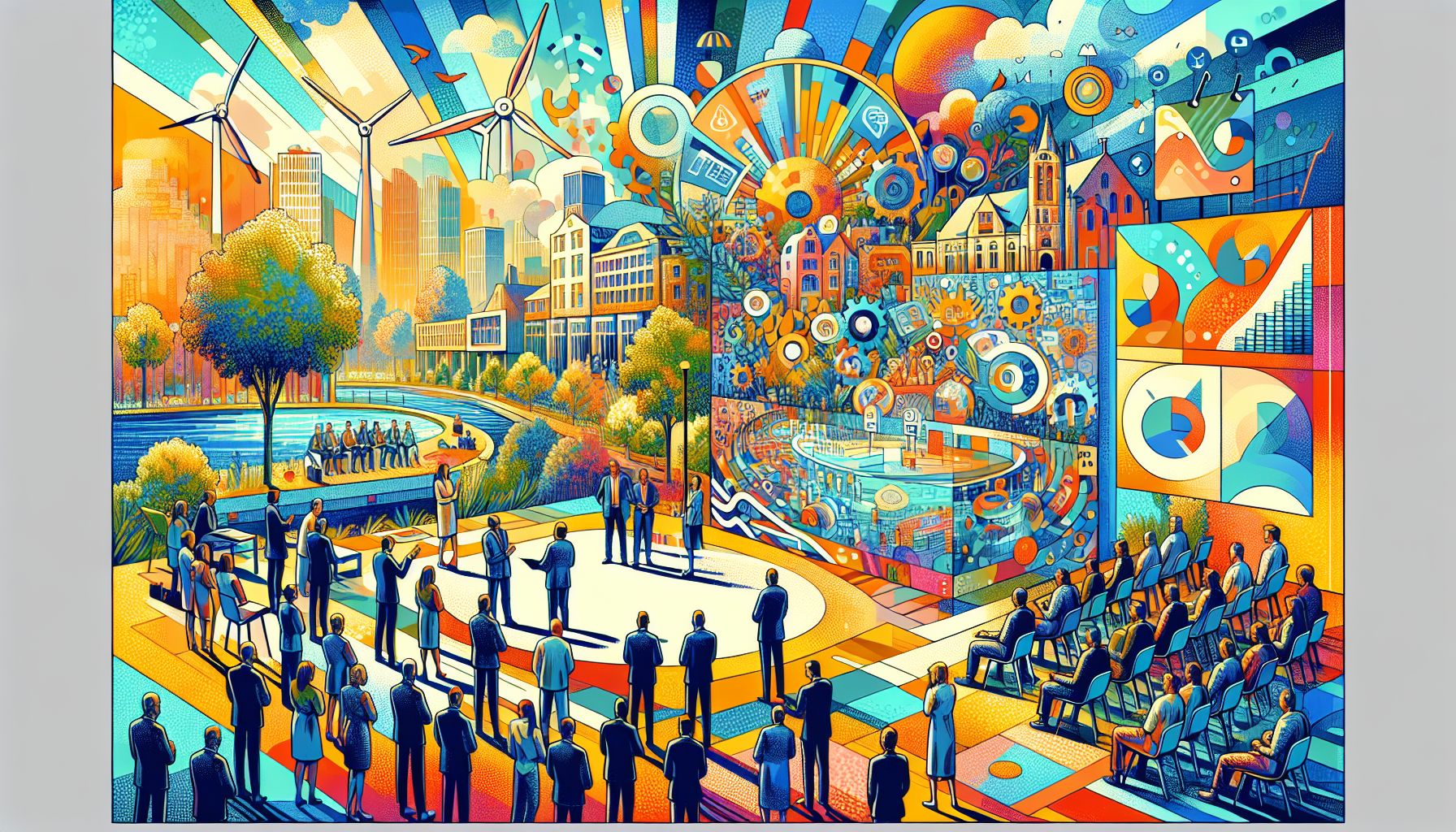The Hague's Five-Year Smart City Journey: Key Achievements and Lessons

The Hague, Wednesday, 9 April 2025.
The Hague’s smart city initiative highlights successful projects like the Crowd Safety Manager, while also learning from discontinued efforts, aiming to inspire sustainable urban planning.
Infrastructure and Innovation Success
The Hague’s smart city initiative centers around the Scheveningen Living Lab, which operates on an extensive fiber optic network connecting various street facilities including lampposts, kiosks, and charging stations [1]. A standout achievement has been the implementation of the Crowd Safety Manager (CSM), which provides real-time 3D mapping of crowd movements using data from traffic, parking, and anonymized visitor information [1]. This system proved particularly valuable during major events such as the Invictus Games, enabling proactive crowd management through strategic deployment of traffic controllers and supervisors [1].
Technology Integration and Urban Solutions
The city has successfully integrated several innovative solutions, including an automated ship registration system in Scheveningen harbor that enhances maritime safety while maintaining privacy standards [1]. This transformation aligns with The Hague’s broader vision of creating a more livable city for residents, visitors, and entrepreneurs [2]. The initiative has attracted numerous technology companies, with local firms like Sensoterra and TNO contributing to urban sustainability through specialized solutions such as soil moisture sensors and innovative planning tools [4].
Learning from Setbacks
The initiative has demonstrated pragmatic decision-making by discontinuing projects that either failed to meet technical requirements or became obsolete due to changing social needs. A notable example was the termination of a riot recognition pilot due to technical limitations, and the discontinuation of an AI-powered camera system for detecting nitrous oxide use once the related social issue subsided [1]. These decisions reflect The Hague’s commitment to maintaining practical value in its smart city implementations [1].
Future Outlook and Collaboration
Looking ahead, The Hague’s smart city ecosystem continues to evolve through partnerships and innovation. The municipality actively engages with residents and businesses to test new technologies and address urban challenges [2]. This approach has positioned The Hague among the leading smart cities in Europe, with various startups and established companies contributing to its digital transformation [4]. The city’s experience offers valuable insights for other municipalities considering similar smart city initiatives [1].

